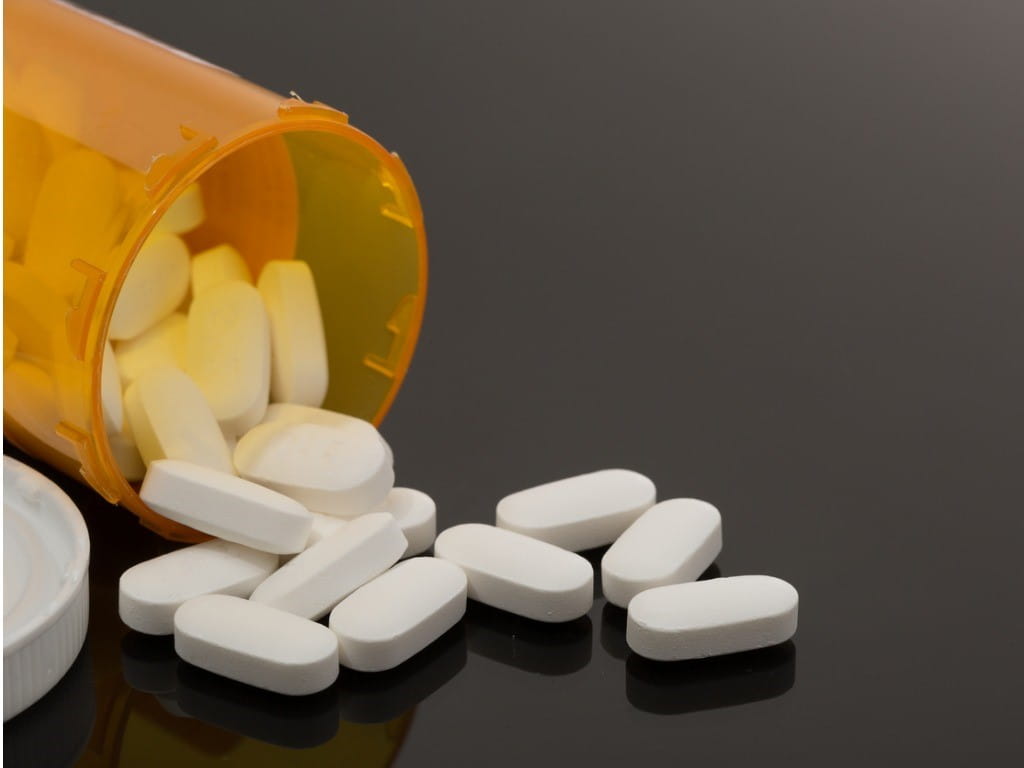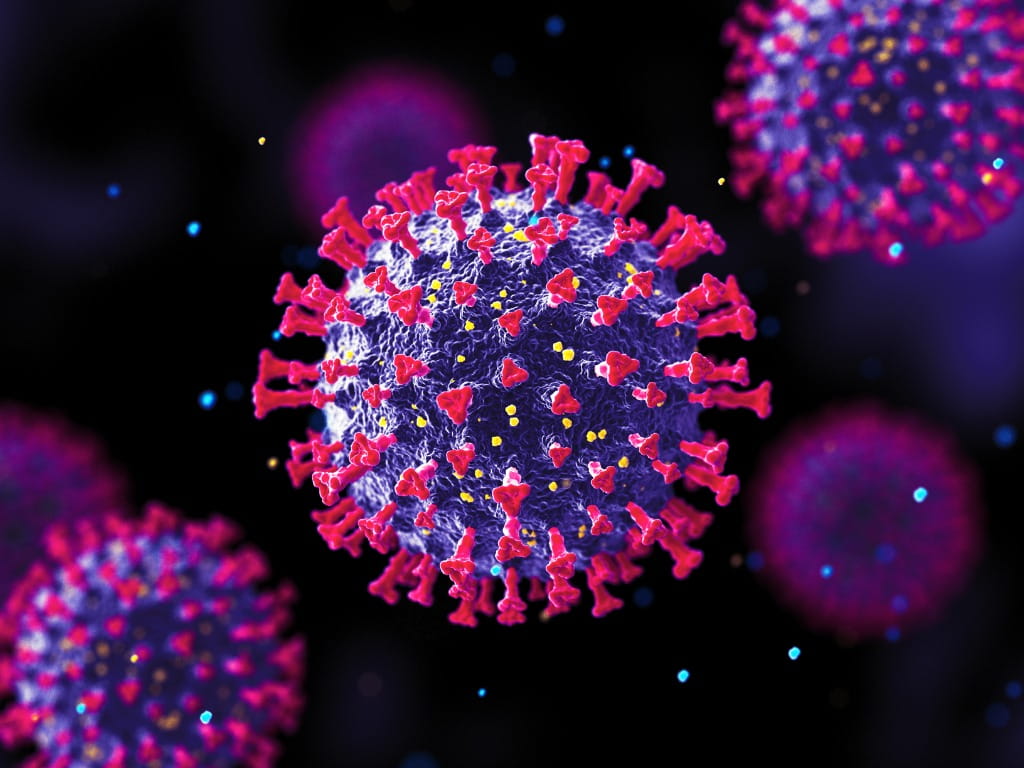Can Molnupiravir Prevent or Treat COVID-19 Infection?

The Bottom Line
Molnupiravir is an oral medication currently being investigated as a treatment for COVID-19 infection and has been shown to be safe and effective in clinical trials. The pharmaceutical company Merck recently applied for an Emergency Use Authorization (EUA) for molnupiravir from the US FDA.

The Full Story
The SARS-CoV-2 (COVID-19) virus is a coronavirus and shares a similar structure with the SARS-CoV (SARS) and MERS-Co-V (MERS) coronaviruses that have also affected humans in recent years. Coronaviruses, including COVID-19, contain a genetic backbone that features ribonucleic acid (RNA). Along with DNA, RNA has an integral role in cellular function. When coronaviruses enter human “host” cells, certain designated proteins in the host cell assist with transcription and replication of viral DNA. Since this process drives the spread of the virus, it is reasonable to target the factors involved in viral transcription and replication when designing antiviral drugs.
One of the proteins involved in coronavirus transcription and replication is the RNA-dependent RNA polymerase (RdRp). RdRp plays an essential part in viral replication, and antiviral drugs that target and inhibit coronavirus RdRp may prevent replication and spread of coronaviruses in humans. Remdesivir (Veklury®) is a RdRp inhibitor indicated for the treatment of COVID-19 infection in hospitalized patients. Remdesivir is currently only available in intravenous formulation and is only used in hospital settings.
Due to the persistence of the COVID-19 virus worldwide, there is an urgent need for additional medications that can be used to prevent or treat COVID-19 infection in hospitalized individuals as well as outpatients. Molnupiravir is an orally administered RdRp inhibitor that was initially developed for the treatment of hepatitis C virus infection. In animal studies, molnupiravir has been shown to have antiviral activity against influenza, Ebola virus, respiratory syncytial virus (RSV), and coronaviruses other than COVID-19. A 2021 study in hamsters demonstrated that molnupiravir was effective in preventing COVID-19 infection when administered 12 hours before or after exposure to the COVID-19 virus. The results of this study and others led to further investigations into the use of molnupiravir as a treatment of COVID-19 infection in humans.
In 2020, the pharmaceutical company Merck sponsored a study on the efficacy and safety of molnupiravir in non-hospitalized adults with COVID-19 infection. The interim results of this study (called the “MOVe-OUT” trial) involving data collected from 775 patients enrolled in the trial, were released in October 2021. According to Merck, administration of molnupiravir reduced the risk of hospitalization or death by approximately 50% in the patient population of the study. Molnupiravir also showed consistent efficacy in the treatment of the delta, gamma, and mu COVID-19 viral variants. The MOVe-OUT study was halted due to the strongly positive results reported from the interim data analysis, and Merck now plans to apply for Emergency Use Authorization (EUA) to the United States Food and Drug Administration (FDA) as soon as possible.
When considering Merck’s EUA application, the FDA will likely examine whether molnupiravir is safe for human administration. To date, available studies have shown that administration of molnupiravir is well-tolerated in humans. In one study that evaluated the safety of molnupiravir in healthy adults, the most frequently reported adverse events were headache and nausea, and more than 90% of reported adverse events were mild in nature. In a study of adult patients with mild-to-moderate COVID-19 infection who received molnupiravir within 5 days of symptom onset, reported adverse events mimicked the symptoms of COVID-19 infection and included flu-like symptoms, headache, muscle aches, and diarrhea.
The optimal dosing regimen of molnupiravir remains unclear. The MOVe-OUT trial used multiple doses of molnupiravir (200, 400, or 800 mg) given twice daily for a 5-day treatment period, so it is likely that the recommended human dose will be administered for 5 days. The FDA has announced plans to meet in late November 2021 to discuss the current studies on molnupiravir. Based on their review of the data, molnupiravir may become available for human use before the end of the year.
Vaccination remains the most effective way to prevent COVID-19 infection. The availability of additional therapies such as remdesivir and molnupiravir, along with the currently available COVID-19 vaccines, will likely help control the spread of COVID-19 among the human population and should eventually help curtail the pandemic that has transformed our lives since early 2020.
For questions about poisonings from e-cigarettes, get help online with webPOISONCONTROL or call 1-800-222-1222. Both options are free for the public, and available 24 hours a day.
Kelly Johnson-Arbor, MD
Medical Toxicologist
Poisoned?
Call 1-800-222-1222 or
Prevention Tips
- Vaccination is currently the most effective way to prevent COVID-19 infection.
- Alternative treatments, including hydroxychloroquine and ivermectin, have not been proven to prevent or treat COVID-19 infection in humans and are not FDA approved for this purpose.
- If you have signs or symptoms of COVID-19 infection, stay home unless you need to seek medical attention for worrisome symptoms such as difficulty breathing, chest pain, or low oxygen saturations.
This Really Happened
The MOVe-OUT study was a worldwide trial of the use of molnupiravir compared with placebo, in non-hospitalized, high-risk adult patients with mild to moderate COVID-19 infection. Participants in this study were administered a 5-day course of molnupiravir or placebo, within 5 days of COVID-19 symptom onset. There were no deaths reported in the patients who received molnupiravir, but 8 patients who received the placebo died. Compared with placebo, use of molnupiravir was associated with a significantly decreased risk of hospitalization or death in the patient population included in this study.For More Information
References
Poisoned?
Call 1-800-222-1222 or
Prevention Tips
- Vaccination is currently the most effective way to prevent COVID-19 infection.
- Alternative treatments, including hydroxychloroquine and ivermectin, have not been proven to prevent or treat COVID-19 infection in humans and are not FDA approved for this purpose.
- If you have signs or symptoms of COVID-19 infection, stay home unless you need to seek medical attention for worrisome symptoms such as difficulty breathing, chest pain, or low oxygen saturations.
